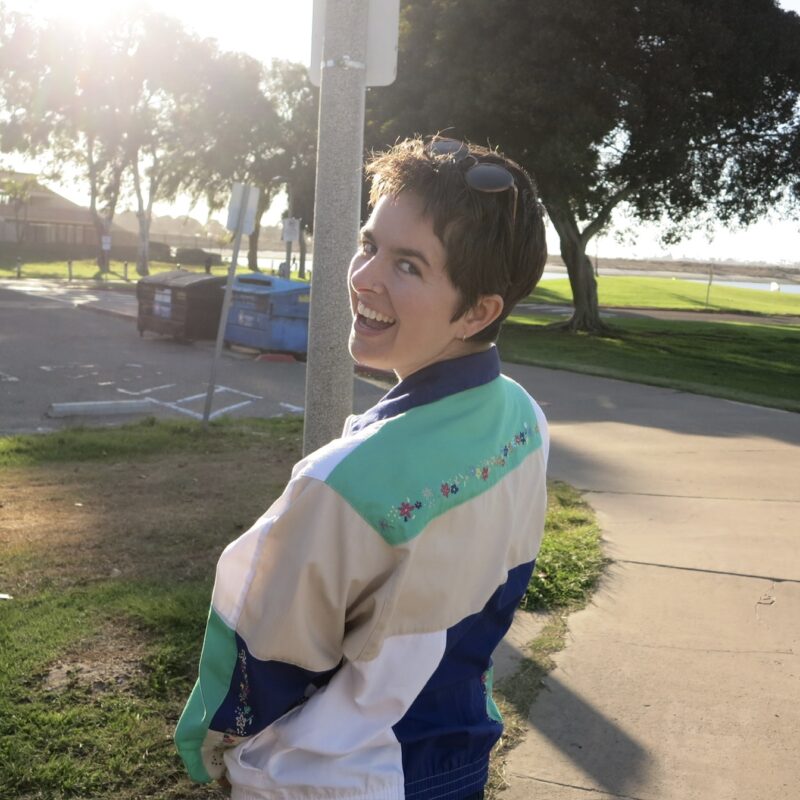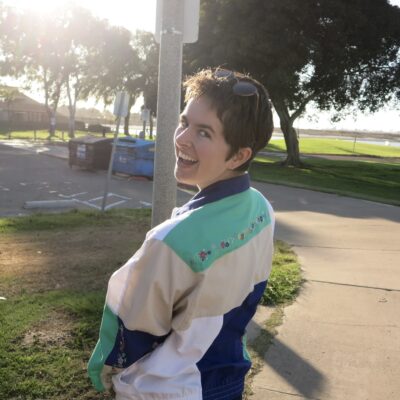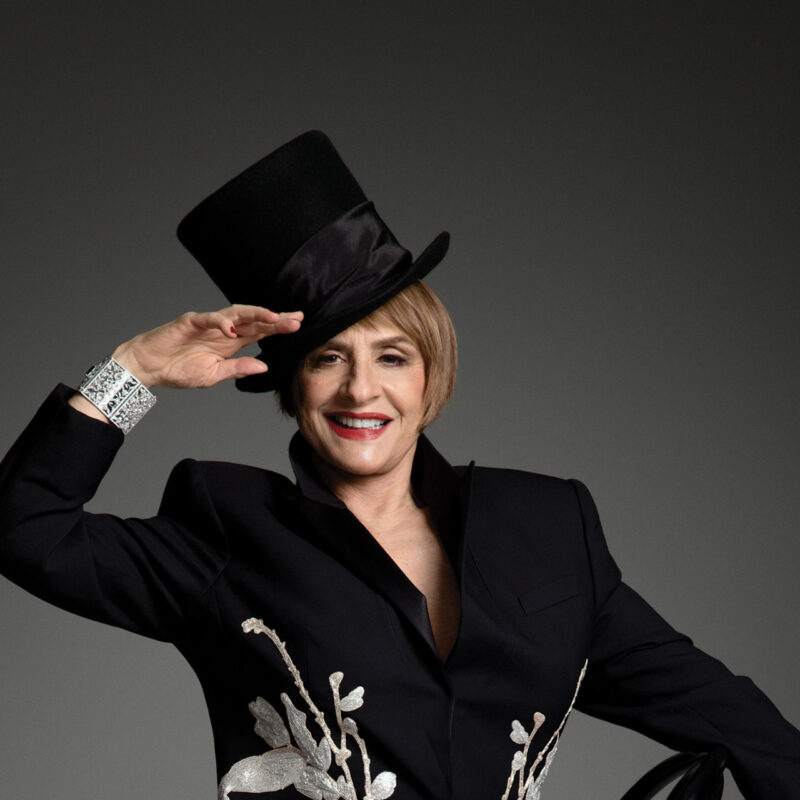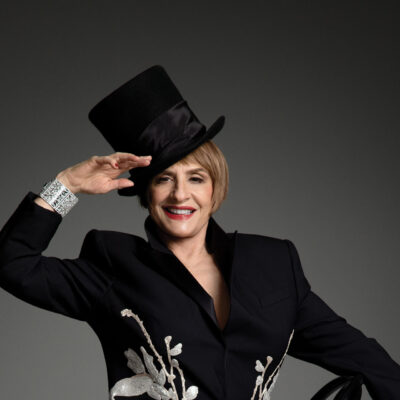By Cortney Phillips Meriwether
When Gregory Orr first published The Blessing in 2002, he did so after years of reluctance. The memoir, which begins with a 12-year-old Orr accidentally shooting and killing his younger brother on a hunting trip, was understandably difficult to write. Yet, through the encouragement of his wife, he did write it—and the book came out to rave reviews. But then something happened that Orr calls “an author’s nightmare”: The original publisher transitioned away from books, choosing instead to focus on manufacturing games. Promotion stopped, orders went unfilled, and the book eventually went entirely out of print.
Now, 17 years later, after Orr’s long struggle to get the rights to the book back, The Blessing is getting a second chance.
“It’s hard to get a book re-released and it’s hard to even make up your mind to do it,” Orr says. “But I believe in the book enough to want to try to share it again.”
He wasn’t the only one: Milkweed Editions agreed to republish The Blessing with the addition of a new afterward. Unlike the original version, which ends when Orr is only 18, the re-released version includes an essay about returning to the location of a terrifying kidnapping Orr experienced as a young civil rights activist. The essay grants the reader the advantage of 40 years of perspective, adding new dimension to the already deeply reflective book.
With a long career as a lyric poet, Orr has written extensively about his childhood trauma in his poems, but prose was a different challenge. As a way of sticking to his roots, Orr wrote The Blessing in brief, vignette-like chapters, distilling the darkest moments of his youth into snapshots. “The short chapters made them bearable, made them a little like poems,” he says.
The memoir takes the reader through the years following the hunting accident, with a young Orr struggling to find meaning in his life in the wake of what he has done and how it has affected his family. His parents, buried in their own grief and personal struggles, are unable to be there for him in the way he needs, and so he falls further into himself. Then, as a senior in high school soon after the sudden death of his mother, he’s placed in an honors English class led by Mrs. Irving, the school librarian.
“It would be simple to say she saved my life,” Orr says of his former teacher. “I don’t think I had enough sense or hope after my early experiences to know what to do with my life and to be able to bear it.”
Irving introduced her students to poetry and, for the first time since the accident, Orr felt like he had a thread to hold on to. He writes: “What I felt when I wrote my first, clumsy poem was that the words were creating a world, not describing a preexisting one. I had tapped into the inner world of my emotions and feelings and was trying to give them form in concrete language.”
From that very first poem, Orr knew he had found his life’s purpose. “The moment it happened, I knew this was it,” he says.
Thanks to the early influence of Irving, he would go on to live a life filled with poetry, publishing 12 collections as well as critical and instructional texts on the form. He would also follow in her footsteps with a 44-year teaching career. As the co-founder and long-time director of the University of Virginia’s M.F.A. program in creative writing, Orr has directly shaped the literary backbone of Charlottesville, teaching the same power of poetry that saved his life to countless students over four decades.
“When I think back about all the years of teaching, one of the things I most wanted to do with my students was to give them permission,” he says. “To overcome that initial inhibition or shame or uncertainty and to say yes, you have permission to put words down on the page; you have permission to turn what’s inside you into words and release it, release it onto the page.”
Throughout his teaching career, Orr often hoped to be to his students what Irving was to him. “I happen to completely believe in writing as a path to meaning,” he says.
While he’s now a newly retired professor, Orr can’t imagine the day when he’ll retire from writing poetry. His latest collection, The Last Love Poem I Will Ever Write, was released this past spring and he’s currently in the process of putting together two new volumes of poems. Just as he has since he was 20 years old, Orr still writes every morning, seven days a week—releasing what’s inside him onto the page.
This daily practice is the living testament to the enduring hope in The Blessing: that a world of wonder can come from imagination, that a poem can speak the language of being. That art, even amongst the greatest pain, can be a gateway to survival.
Gregory Orr will read from The Blessing at New Dominion Bookshop on November 20 at 7pm.





